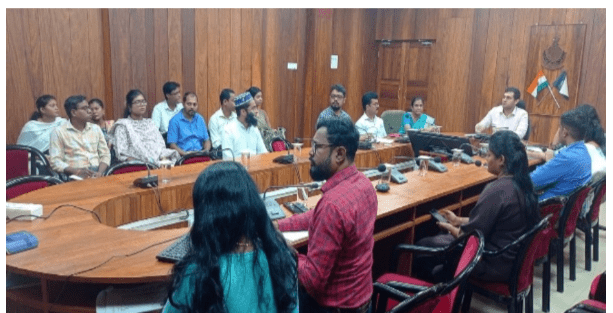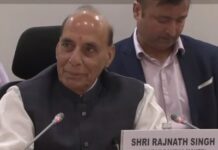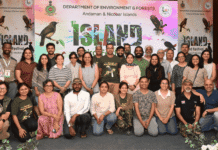Sri Vijaya Puram: In a decisive push towards eliminating tuberculosis from the region, the District Administration of South Andaman, in collaboration with the Directorate of Health Services, has rolled out an intensified campaign under the National Tuberculosis Elimination Programme (NTEP). Designed as a multi-tiered, time-bound initiative, the campaign seeks to enhance case detection, ensure timely treatment, and deepen community engagement across the district.
All Medical Superintendents, Medical Officers In-Charge, and ground-level health workers have been mobilized to actively identify TB suspects, especially among vulnerable and high-risk populations. Accredited Social Health Activists (ASHAs), Auxiliary Nurse Midwives (ANMs), and Community Health Officers (CHOs) are at the forefront of the campaign, supported by field-level staff across urban and rural zones.
Each health facility is required to generate and submit updated lists of suspected TB cases with immediate data entry into the Nikshay Portal, India’s central TB surveillance platform. To streamline operations, the administration has mandated that every facility create a detailed micro-plan within 15 days. These plans will guide door-to-door mobilisation efforts and target screenings, aligning with national detection protocols.
The campaign also involves collaboration with key line departments including ICDS, Rural Development, Labour, and Education to broaden the detection net and improve referral systems. This inter-departmental effort is expected to ensure comprehensive coverage and minimise undiagnosed cases.
To coordinate field actions and monitor progress, a District TB Control Room is being set up. This unit will collect daily reports from health centres, identify any implementation gaps, and recommend corrective actions in real-time. The administration emphasized that strict compliance with the programme’s mission-mode timelines is non-negotiable.
Community-based engagement is being prioritised to improve patient adherence and support. Civil society groups and NGOs are being encouraged to adopt TB patients and assist with nutritional, emotional, and logistical aid, thereby improving long-term treatment outcomes.
Deputy Commissioner of South Andaman, Arjun Sharma, has appealed to the public to support the campaign. He urged individuals experiencing persistent cough, night sweats, weight loss, or weakness to seek immediate testing at government health centres. Screening and treatment are provided free of charge under the national programme.
As per directions issued during a recent review meeting, all health facilities, ranging from medical colleges to primary and urban health centres, must conduct daily chest X-ray screenings, depending on available resources. Designated nodal staff will ensure accurate documentation of target and screening data, which will be routinely audited.
The campaign’s success will depend on grassroots mobilisation, strict monitoring, and timely feedback from the newly set up District Control Room. Weekly reviews will assess progress, and any non-compliance will be addressed seriously by district authorities.
With TB still posing a serious public health challenge, South Andaman’s intensified elimination effort signals a clear administrative shift toward proactive disease management. The District Administration hopes that with coordinated health machinery and public cooperation, the goal of a TB-free South Andaman can be realised in the near future.





